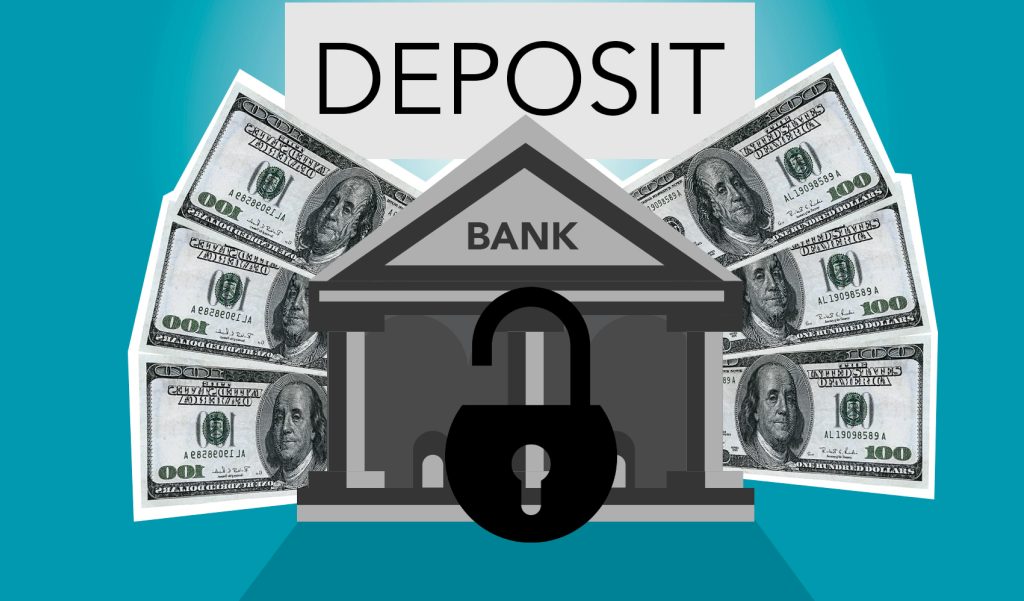Introduction: Welcome to the definitive guide on owner financing land, where we delve deep into the intricacies of this alternative method of land acquisition. If you’ve ever dreamed of owning your own piece of land but traditional financing has been a roadblock, owner financing might just be the solution you’ve been searching for. Throughout this article, we’ll explore what owner financing entails, its benefits and drawbacks. And how to navigate the process, and much more. By the end, you’ll be equipped with the knowledge to confidently pursue your land ownership goals through owner financing.
Understanding Owner Financing Land
Owner financing land, also known as seller financing or seller carryback, is a real estate transaction. Where the seller holds the mortgage and receives payments directly from the buyer. And instead of the buyer securing a traditional mortgage from a bank or lender. This arrangement allows individuals who may not qualify for traditional financing to purchase land.
How Does Owner Financing Land Work?
In an owner financing arrangement, the buyer and seller enter into a contract outlining the terms of the sale. With including the purchase price, down payment, interest rate, repayment schedule, and any other pertinent details. The buyer makes payments to the seller over time, typically with interest, until the purchase price is paid in full. You may also like to read about Unveiling the Auto Finance Center: Your Gateway to Affordable Vehicle Ownership
Benefits of Owner Financing Land
Owner financing offers several advantages for both buyers and sellers. For buyers, it can provide an alternative path to land ownership. Especially for those with less-than-perfect credit or limited access to traditional financing options. Additionally, buyers may negotiate more flexible terms directly with the seller, potentially avoiding stringent requirements imposed by banks.
Risks and Considerations
While owner financing can be an appealing option, it’s essential to understand the risks involved. For buyers, defaulting on payments could result in losing the property and any equity built up. Sellers assume the risk of non-payment and may face legal expenses if foreclosure becomes necessary. It’s crucial for both parties to thoroughly review and understand the terms of the agreement before proceeding.
Finding Owner Financing Land Opportunities
Finding properties available for owner financing may require some extra legwork compared to traditional real estate listings. Buyers can explore various avenues, including online listings, local classifieds, real estate agents specializing in owner financing, and directly contacting property owners who may be open to this arrangement.
Negotiating Terms
When negotiating owner financing terms, both buyers and sellers should approach the process with transparency and a clear understanding of their respective goals and limitations. Buyers may seek favorable interest rates, a reasonable down payment, and a manageable repayment schedule. Sellers, on the other hand, may prioritize securing a reliable buyer and protecting their investment.
Due Diligence in Owner Financing Land
Before entering into an owner financing agreement, thorough due diligence is crucial for both parties. Buyers should conduct a property inspection, review title documents, and assess the property’s zoning and land use regulations. Sellers may request financial documentation from buyers to evaluate their ability to make timely payments.
Legal Considerations
Seeking legal guidance is advisable for both buyers and sellers navigating owner financing transactions. An experienced real estate attorney can review the contract, ensure compliance with state laws, and address any potential legal issues or concerns. Investing in professional guidance upfront can help prevent costly mistakes down the road.
Owner Financing vs. Traditional Financing
Comparing owner financing to traditional financing options allows buyers to weigh the pros and cons of each approach based on their unique circumstances. While traditional financing may offer lower interest rates and greater lender protections, owner financing can provide greater flexibility and accessibility for certain buyers.
Building Equity Through Owner Financing
One of the benefits of owner financing is the opportunity for buyers to build equity in the property over time. As payments are made and the principal balance decreases, buyers gradually increase their ownership stake in the land. This equity can serve as a valuable asset and may enable buyers to access additional financing or leverage future investment opportunities.
Common Misconceptions
Despite its benefits, owner financing is often misunderstood or overlooked by both buyers and sellers. Common misconceptions include concerns about seller default, perceived complexities of the process, and misconceptions about who qualifies for owner financing. By educating themselves and seeking guidance from real estate professionals, individuals can demystify the owner financing process and explore its potential benefits.
Exploring Creative Financing Solutions
In addition to traditional owner financing arrangements, buyers and sellers can explore creative financing solutions tailored to their specific needs and objectives. Lease options, land contracts, and seller-held second mortgages are alternative strategies that may offer flexibility and unique advantages in certain situations.
Overcoming Challenges
Like any real estate transaction, owner financing comes with its challenges and potential pitfalls. From navigating legal complexities to addressing financing concerns, buyers and sellers must be prepared to overcome obstacles with patience, diligence, and expert guidance. By staying informed and proactive, individuals can successfully navigate the owner financing process and achieve their land ownership goals.
Case Studies and Success Stories
Real-life case studies and success stories can provide valuable insights and inspiration for individuals considering owner financing. By learning from the experiences of others who have successfully navigated this alternative financing method, readers can gain practical tips, avoid common pitfalls, and feel empowered to pursue their own land ownership dreams.
Conclusion
In conclusion, owner financing land offers a viable path to land ownership for individuals who may face challenges obtaining traditional financing. By understanding the process, weighing the risks and benefits, and seeking professional guidance when needed, buyers and sellers can leverage owner financing to achieve their real estate goals. Whether you’re a first-time buyer or a seasoned investor, exploring owner financing options may open doors to new possibilities and help turn your land ownership dreams into reality. Owner financing land provides a valuable alternative for individuals seeking to purchase property. By understanding the process, conducting thorough due diligence, and seeking professional guidance, buyers and sellers can navigate owner financing transactions successfully.
FAQs
1. Can anyone qualify for owner financing?
While owner financing can offer flexibility compared to traditional loans, sellers may still impose eligibility criteria based on the buyer’s financial stability and creditworthiness.
2. What happens if I default on owner financing payments?
Defaulting on owner financing payments can result in various consequences, including potential forfeiture of the property and damage to your credit score.
3. How do I find properties available for owner financing?
Buyers can explore online listings, work with real estate agents specializing in owner financing, and directly contact property owners to inquire about potential opportunities.
4. Is owner financing legal in all states?
Owner financing is legal in most states, but specific regulations and requirements may vary. It’s essential to consult with a real estate attorney familiar with local laws before entering into an owner financing agreement.
5. Can I sell a property I’ve purchased through owner financing before paying off the loan?
Depending on the terms of the agreement, you may be able to sell the property before paying off the owner financing loan, but it’s crucial to review the contract and consult with legal professionals to ensure compliance.
6. What advantages does owner financing offer compared to traditional loans?
Owner financing may offer advantages such as greater flexibility in negotiating terms, simplified application processes, and accessibility for buyers with less-than-perfect credit.





